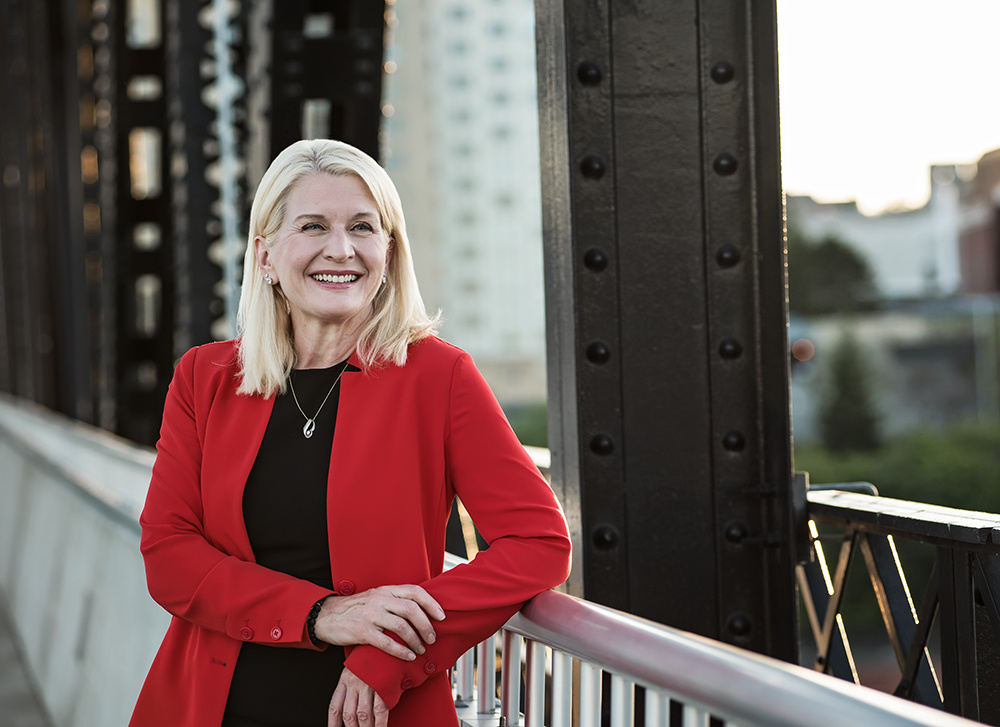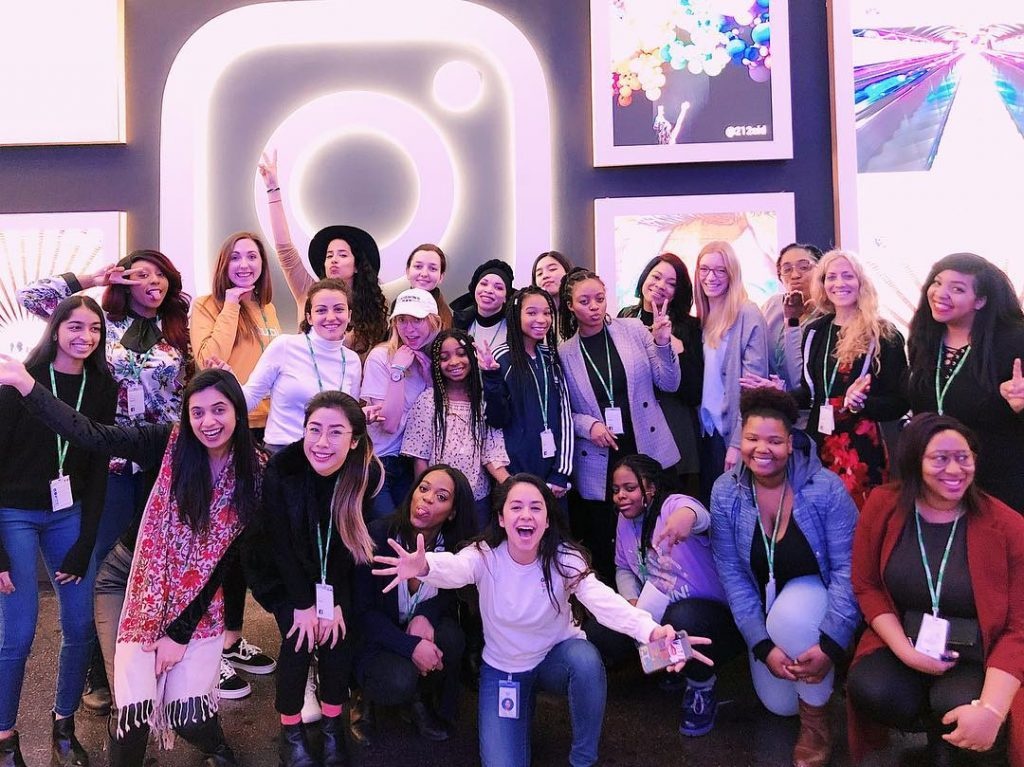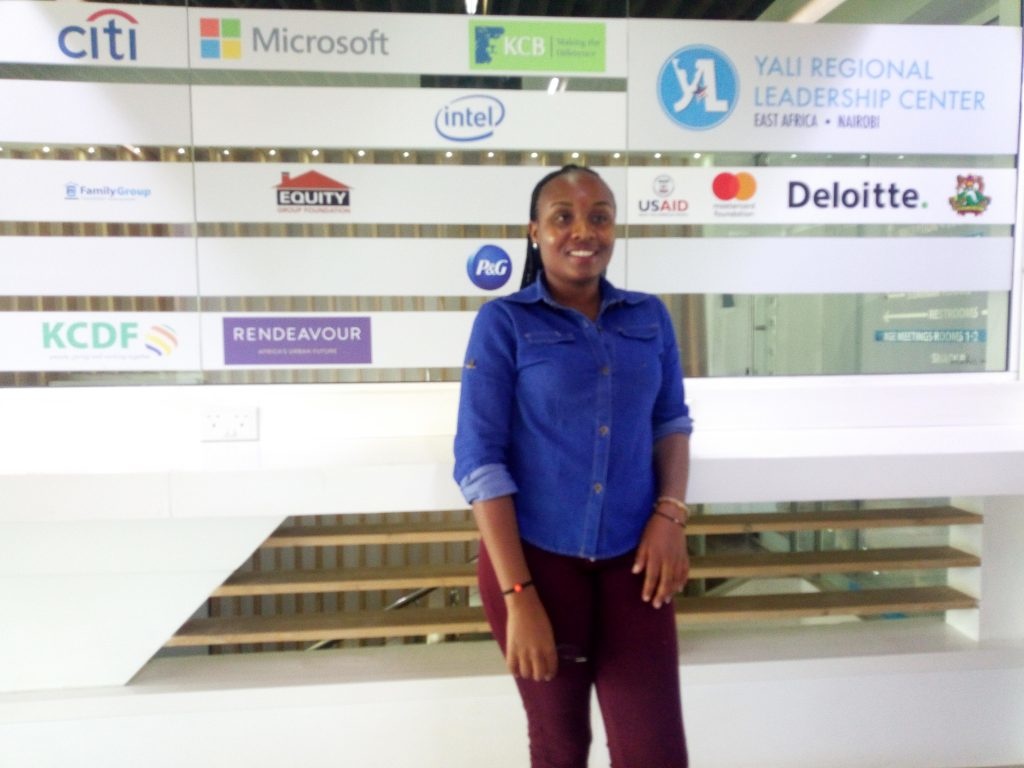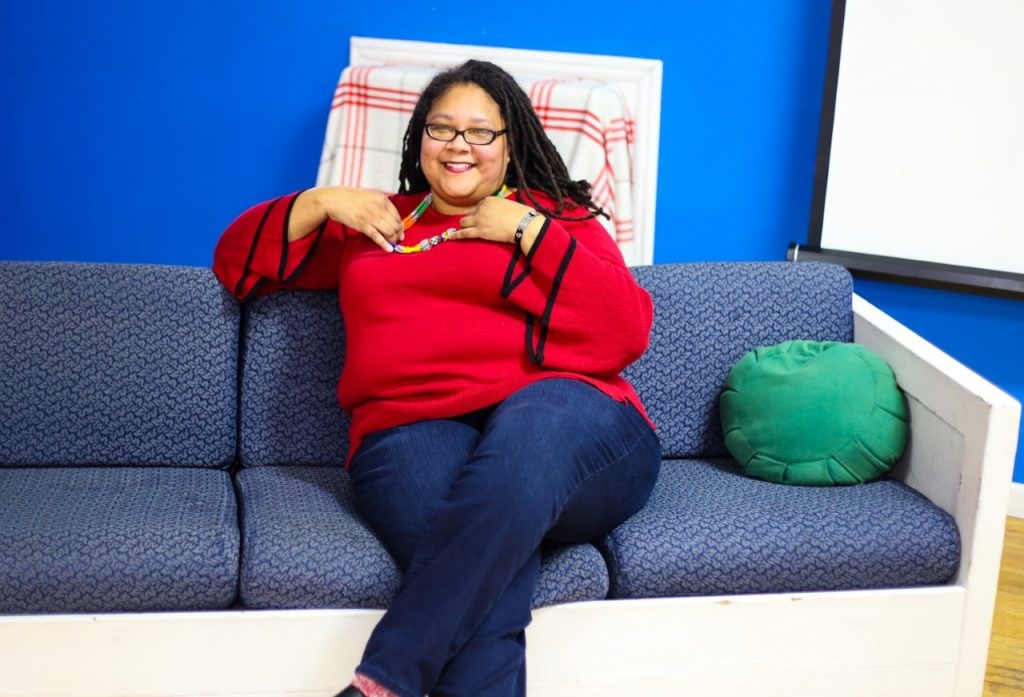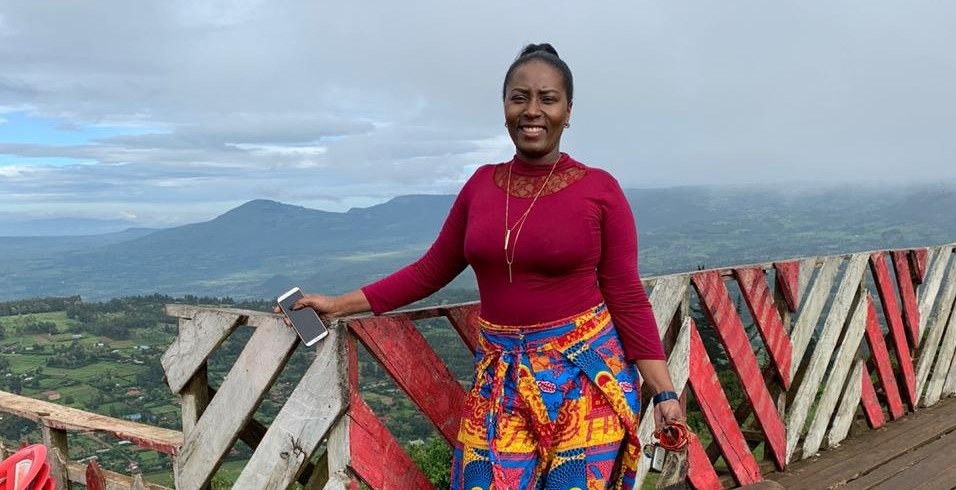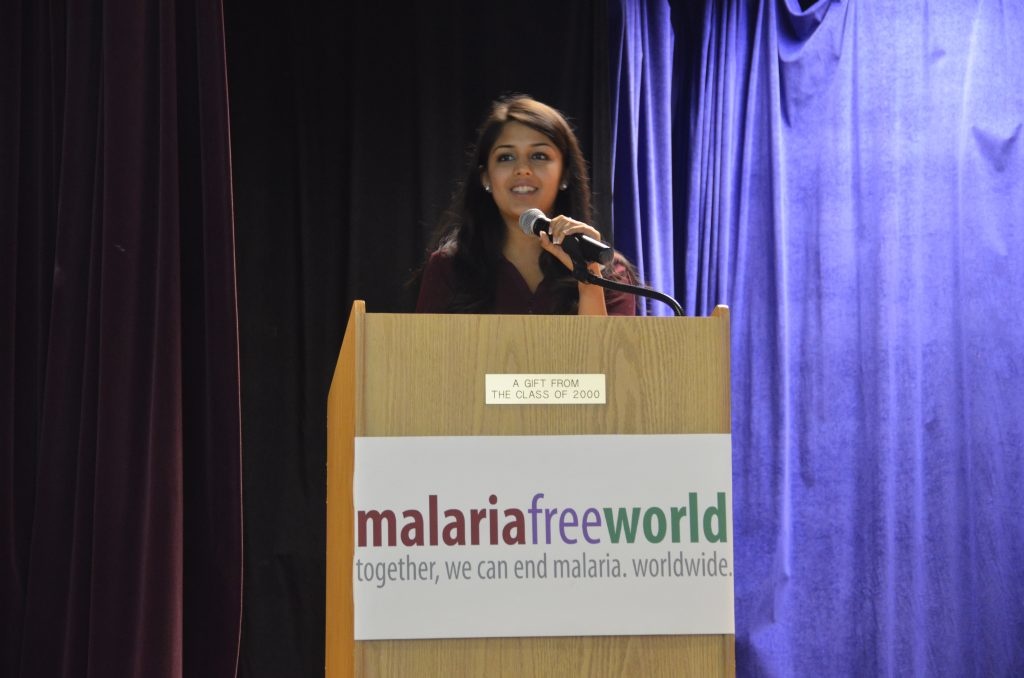This story was originally shared on #EqualEverywhere — a campaign to champion the changemakers working to make equality for girls and women a reality. You can find the original story here.
Christine T. Rose is founder and CEO of Christine Rose Coaching & Consulting, a boutique coaching firm in the greater Seattle area dedicated to facilitating and accelerating transformation for individuals and organizations. The firm has helped business leaders grow their leadership skills, teams, and companies since 2015. Christine’s book, Life Beyond #MeToo: Creating a Safer World for our Mothers, Daughters, Sisters and Friends, lays out a vision for freedom from violence and discrimination and offers tools for taking action to change the world.
Why do you advocate for equal rights for girls and women?
I grew up in a home with three sexual abusers. My early life was traumatic. In fact, I’ve forgotten much of my childhood and made some very poor decisions about relationships with men as a result. I’ve spent years working with counselors and coaches, reclaiming my life and rebuilding on the ashes of past abuse. I also have experienced workplace sexual harassment. I’ve volunteered and coached and worked with countless girls and women who have shared stories of harassment, abuse, and violence. I have felt the call to use what I know about coaching to help others who have faced similar challenges. Even recently, since press releases about the book have gone out, I’ve been subjected to online sexual harassment from people I’ve never met. It’s an epidemic which needs immediate attention around the world.
I wrote about this subject in my Life Beyond #MeToo book because we live in a world that is unsafe and unjust, where girls and women are not treated equally but are objectified and abused — where one third will be victims of violence and more are harassed. I believe it is past time for this old normal to end. It is time for a new normal where girls and women are honored and valued — not only for who they are, but also for the unique gifts and talents they bring to the world. The world has nothing to lose and everything to gain from working together to create this new normal.
What does #EqualEverywhere mean to you?
I dream of a new normal where all people are respected and honored for their unique gifts and have equal opportunities to live and learn and grow and earn and lead, while they contribute their brilliance to the world.
What motivates you to do this work?
The silence of millions of girls who were not born due to gender discrimination, the silence of countless more who endure harassment and abuse daily, and the outcry of those who dare to raise their voices against injustice is more than enough motivation for me and for the entire human race to engage in creating a new normal.
What are the main challenges you experience in your work to advance gender equality?
Like most who are engaged in work to advance gender equality, I am under resourced — one small voice in a community that deserves more attention. I write about some of the obstacles to change in my book.
What progress are you seeing as a result of your work?
Life Beyond #MeToo reached #1 in Amazon.com’s new release in the Workplace Behavior category the day it launched and is receiving five star reviews. Men and women are saying “I get it now.” I’m very encouraged that people are recognizing that we all need to engage to create the kind of culture change it will take to make gender equity a reality.
What progress are you seeing in the wider gender equality movement?
I believe silos are breaking down and diverse groups and people are coming together to do the work that will allow for norms to shift. As a result, more ideas and knowledge are spreading to raise awareness and to advance change. The #MeToo movement created an unprecedented opportunity for open conversations about gender equality. The world is seeing small shifts in how women are treated, and I write about some of these in my book.

